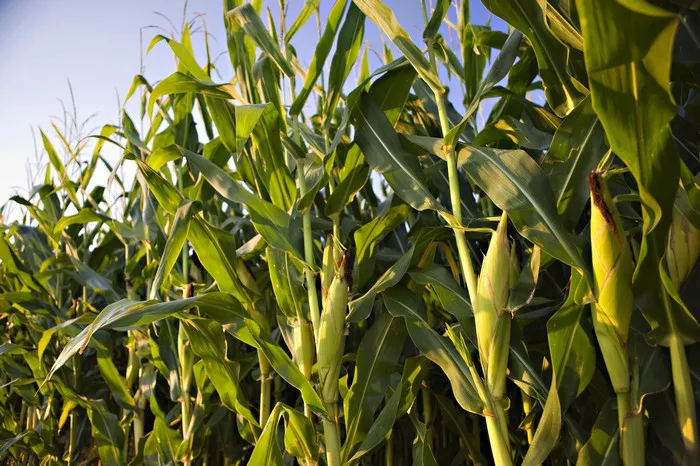A recent study led by the University of Bonn has shed light on the pivotal role of maize genetics in shaping the health and efficiency of plant roots. Published in Nature Plants, the research uncovers a significant link between the genetic makeup of maize plants and the composition of microorganisms surrounding their roots, offering new avenues for breeding resilient maize varieties.
Roots, essential lifelines for plants, anchor them and facilitate nutrient and water absorption. Yet, their success relies on a hidden coalition of bacteria and fungi. Dr. Peng Yu, leading the “Root Functional Biology” junior research group at INRES, University of Bonn, highlighted the indispensable role of these microbes in enhancing plant health, nutrient uptake, and protection against pathogens, akin to the human gut microbiome’s function.
Contrary to traditional belief, which attributed the root microbiome solely to soil influences, the study demonstrates the equally significant role of maize genetics. Professor Dr. Frank Hochholdinger of INRES emphasizes the relevance of this finding in the context of climate change and nutrient scarcity, suggesting that leveraging genetic insights for breeding could yield maize varieties better equipped to withstand environmental pressures.
To unravel these insights, researchers analyzed 129 maize varieties under stress conditions, examining the DNA of root microbes from over 3,000 samples. They identified specific genes in maize plants that interact with particular bacteria, enhancing resilience to environmental challenges. Notably, Massilia bacteria, attracted to maize roots in low nitrogen conditions, promote lateral root growth, thereby improving nutrient and water absorption.
Further investigation revealed that maize roots secrete flavones, attracting Massilia bacteria, a process reliant on specific genes, highlighting the intricate relationship between maize genetics and microbial support.
This research lays the groundwork for breeding drought-resistant maize varieties, with genome and microbiome integration crucial for predicting yields and enhancing sustainability. Dr. Caroline Marcon’s maize mutation database is instrumental in exploring gene functions and their roles in plant-microbe interactions. Professor Hochholdinger underscores the potential impact on developing robust maize varieties, marking a significant advancement towards sustainable agriculture.
Maize, also known as corn, holds historical significance, having been domesticated by indigenous peoples in southern Mexico around 10,000 years ago. It played a vital role in the rise of Mesoamerican civilizations and remains a staple food worldwide, with diverse applications beyond consumption, including biofuels and industrial processes.


